Poetry
Showing 1–8 of 16 resultsSorted by latest
-
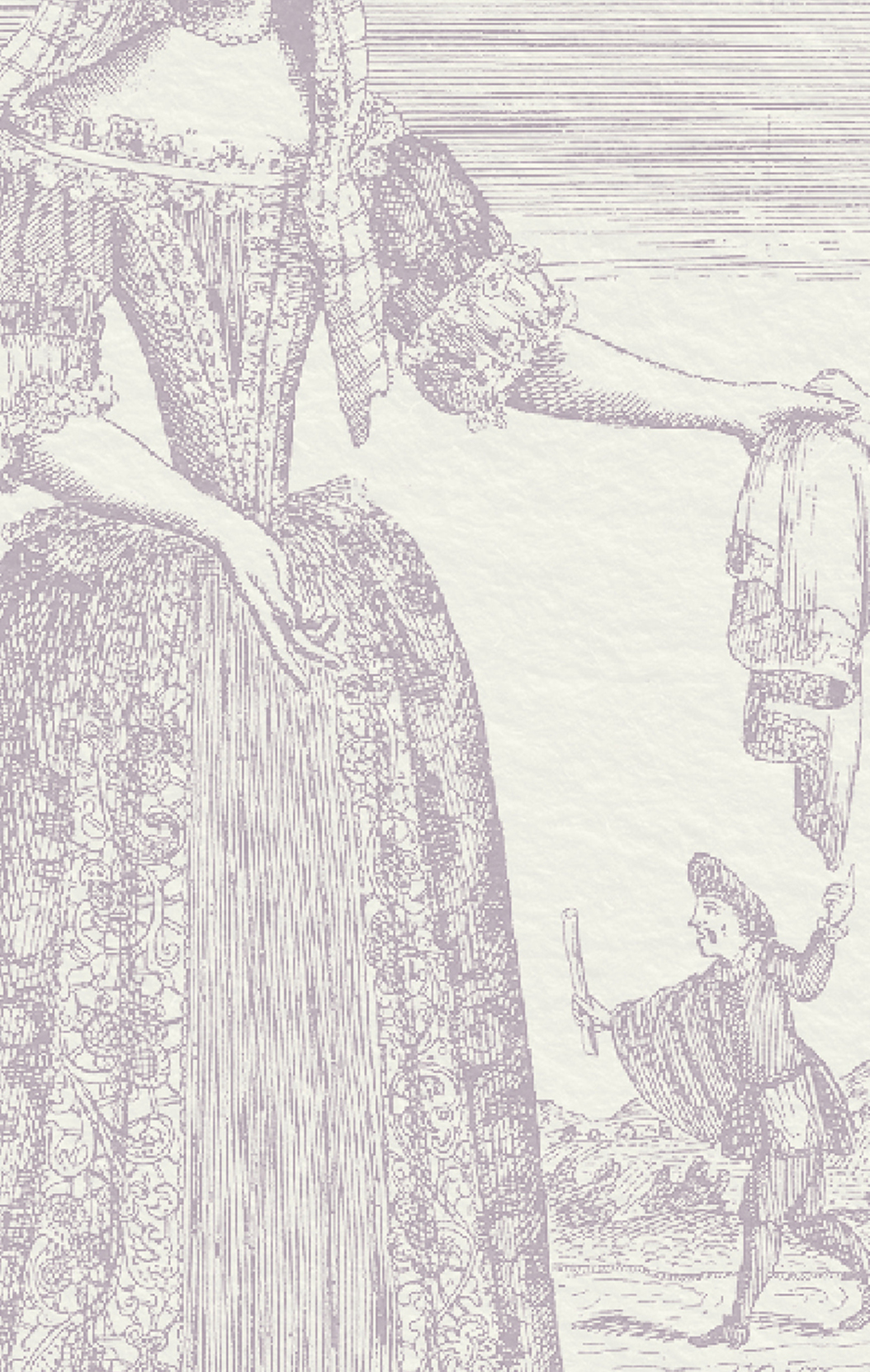
- The Mirror of Simple Souls
In her first book of poems, Leah Flax Barber revives an actress figure of the commedia dell’arte to consider her own destiny as a soon-to-be historical subject.
-
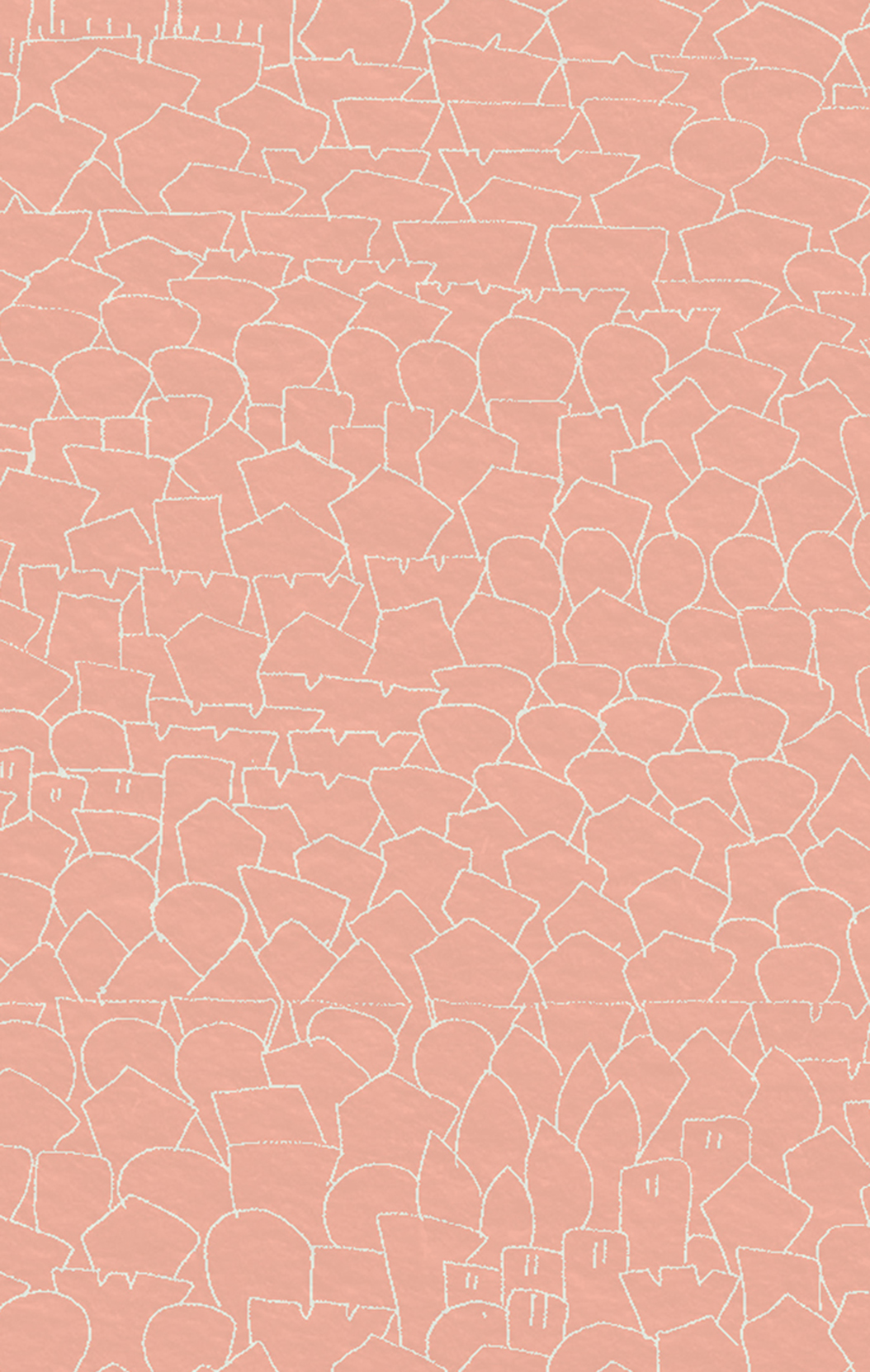
- Lines
Sarah Riggs’s eighth book of poems pulls from the momentum of Lyn Hejinian’s My Life and Bernadette Mayer’s Memory to create a survival manual for a Trump presidency and a family crisis.
-

- From the Founding of the Country
Haunted by the violent legacies of colonialism on both landscape and bodies, Cristina Pérez Díaz’s first book of poems deliriously dreams with the foundation of a country from the bed of two lovers.
-
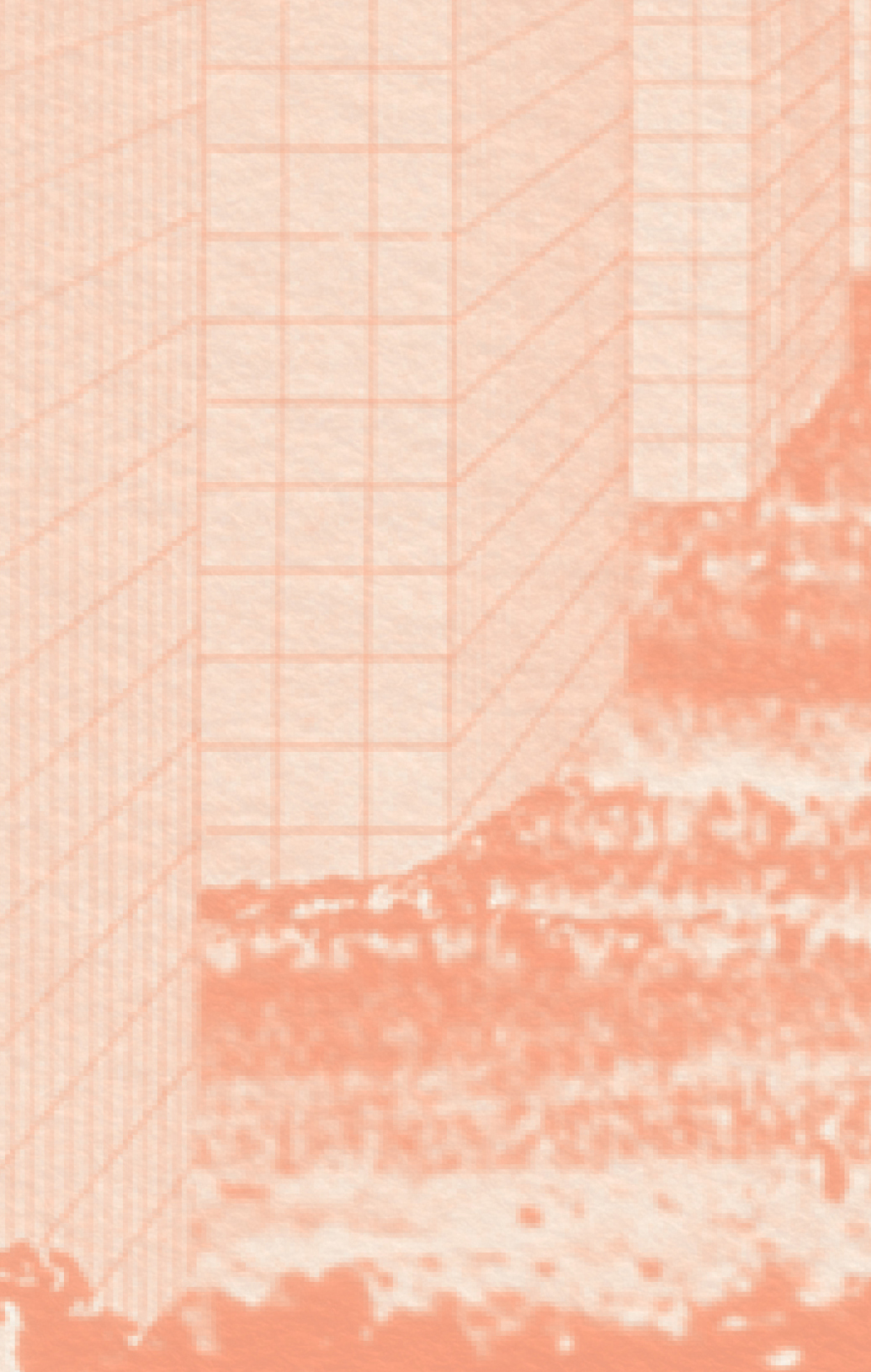
- The Everyday Life of Design
Bleak, absurd, elegiac, and politically incisive, Alan Gilbert’s sprawling epic poem is a document of these broken times, with a glint of hope for a better tomorrow.
-
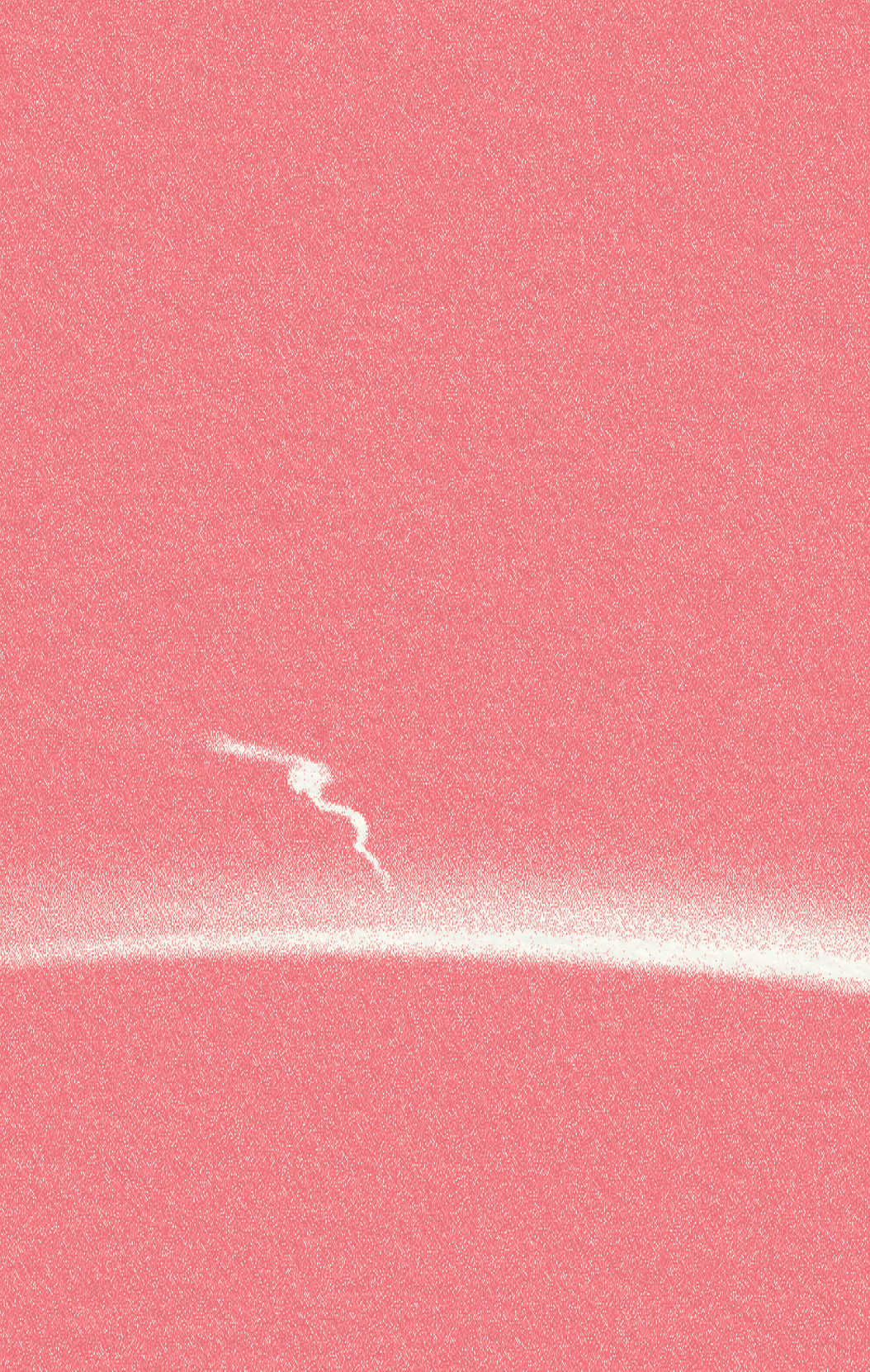
- Fires Seen from Space
Betsy Fagin’s third book of poems dwells in the interstices of profound grief and abject wonder, softening into the complexities of human-driven extinction in search of what refuge remains for life in the pyrocene.
-
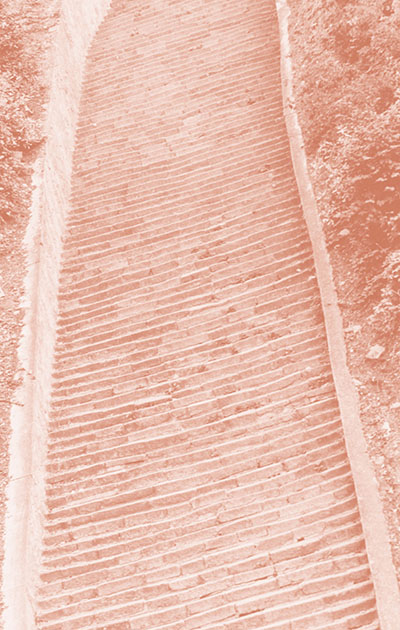
- Documentary Poetry
- Translated by Patrick Greaney
The essays of Austrian documentary poet and photographer Heimrad Bäcker (1925–2003), collected here along with a selection of his photographs and two of his documentary poems, explore the poetic, philosophical, and political stakes of representing the Holocaust, and constitute a crucial source for considering the critical potential of contemporary literature.
-
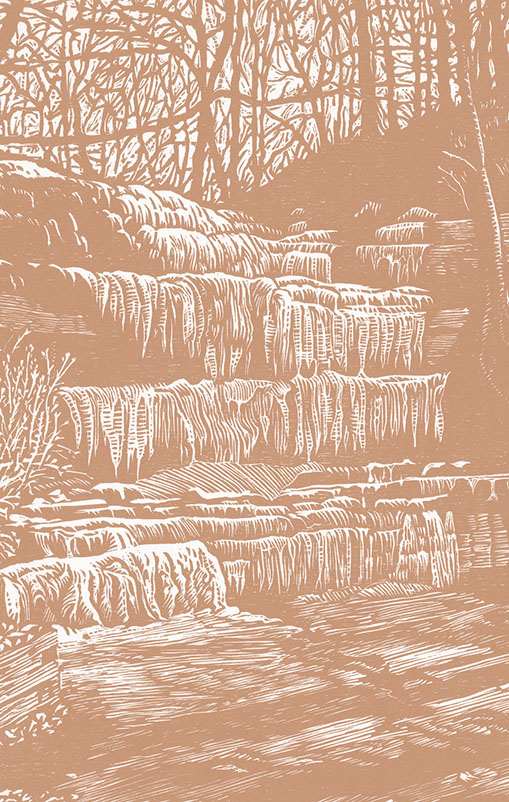
- Creve Coeur
Robert Fitterman’s sixteenth and most ambitious book transposes William Carlos Williams’s postwar long poem Paterson onto the segregated suburbs of late twentieth-century St. Louis to track the collapse of the American urban landscape.
-
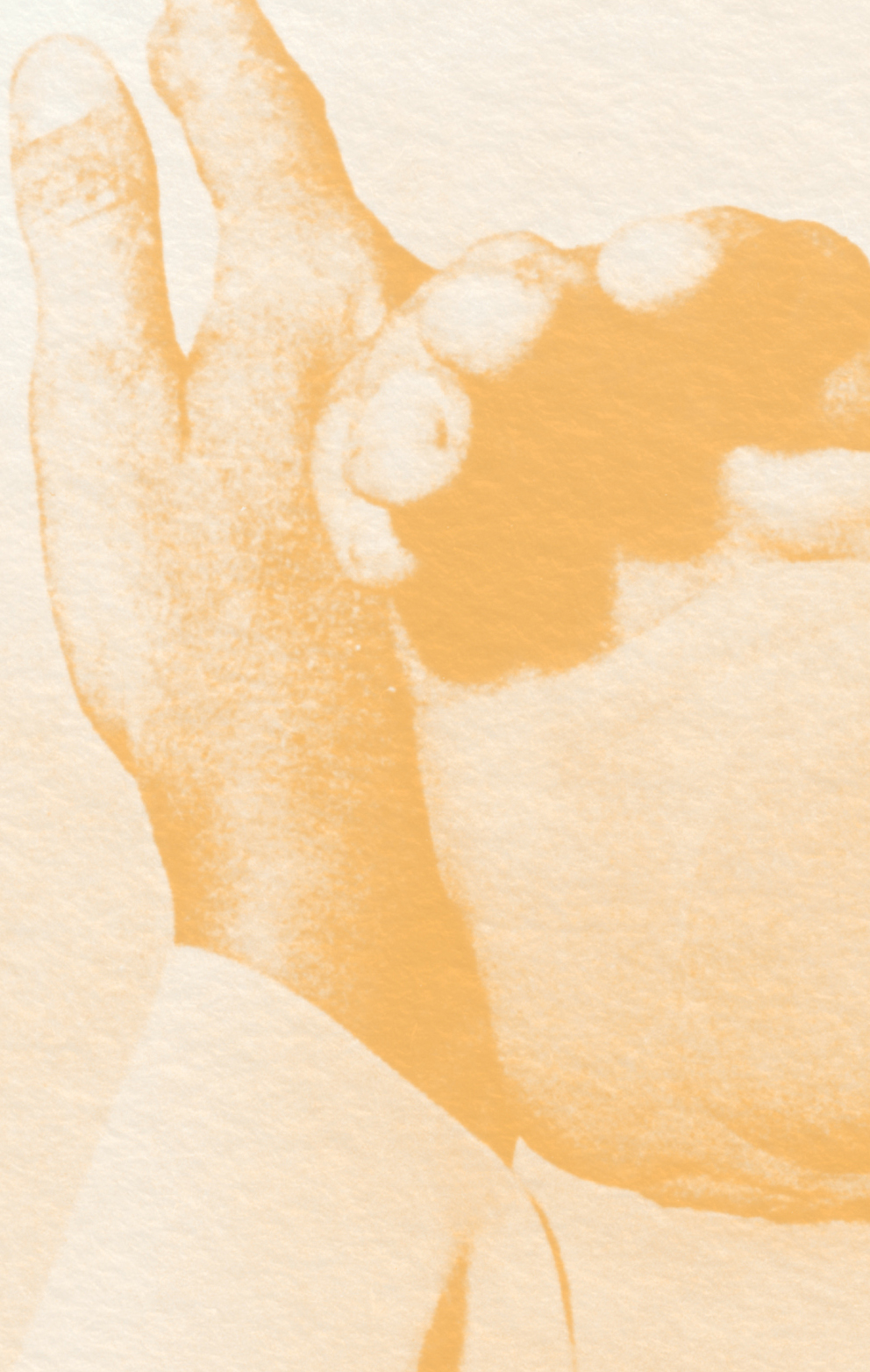
- Secret Poetics
- Translated by Rebecca Kosick
The first English-language translation of the “secret” poetry of Hélio Oiticica uncovers a crucial chapter in the development of one of Brazil’s most significant twentieth-century artists.
